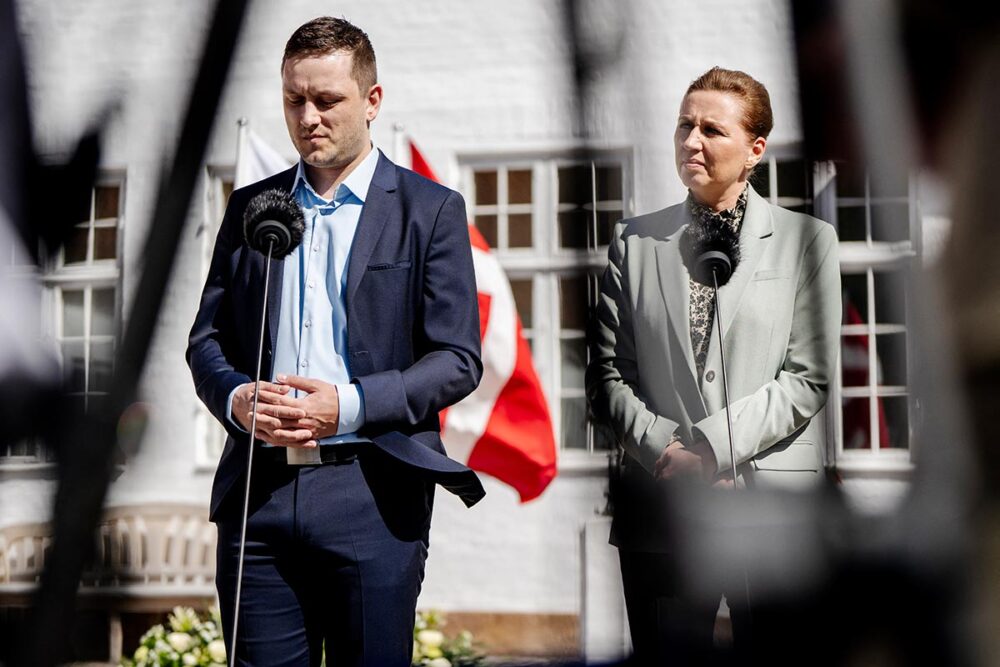Denmark Apologizes to Indigenous Greenlandic Women for Forced Contraception
The Danish prime minister has issued a formal apology to Greenlandic women who were subjected to a decades-long program of forced contraception that left many physically harmed and, in some cases, infertile.

Official Apology and Historical Context
Denmark's head of government publicly acknowledged and apologized for the country's role in a program that, for more than 30 years, imposed forced contraception on thousands of teenage girls and women in Greenland. The program, which began during the period of Danish colonial administration, aimed to control birth rates among the Indigenous population. The apology marks a significant moment in the relationship between Denmark and Greenland, highlighting the long-term consequences of colonial-era policies.
The prime minister's statement recognized the physical and psychological harm inflicted on the victims. Many of those affected were left unable to have children, a trauma that has reverberated through generations of Greenlandic families. The apology follows increasing calls from Greenlandic leaders and human rights advocates for Denmark to confront its colonial legacy and provide redress for historical injustices.
Impact on Victims and Ongoing Reconciliation
Survivors of the forced contraception program have described lasting pain and a sense of loss, with some expressing relief that their experiences have finally been acknowledged at the highest levels of government. The public apology is seen as a first step toward healing, though many victims and their families continue to seek further action, including compensation and comprehensive support services.
The Danish government has not yet detailed any specific reparations or policy changes in response to the apology. However, officials have indicated a willingness to engage in dialogue with Greenlandic representatives to address the broader impacts of the program and to ensure that such violations do not occur again.
Broader Implications for Danish-Greenlandic Relations
This formal apology has reignited discussions about the broader relationship between Denmark and Greenland, particularly regarding the legacy of colonialism and ongoing issues of autonomy and self-determination. Greenland, which remains part of the Kingdom of Denmark but has its own government, continues to grapple with the social and economic effects of past policies imposed by Danish authorities.
Observers note that the apology could pave the way for a more equitable partnership between Denmark and Greenland, provided it is followed by concrete measures to support affected communities. The event underscores the importance of acknowledging historical wrongs as a foundation for building trust and reconciliation between nations.